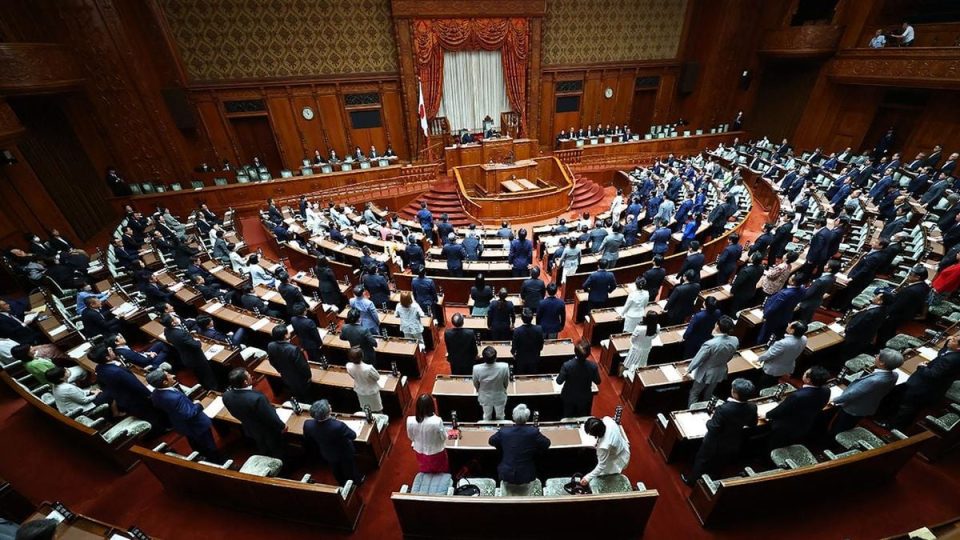Japanese voters are heading to the polls in a snap election following a series of scandals that have plagued the ruling party, resulting in widespread voter apathy and record-low approval ratings.
The election was announced by Shigeru Ishiba just three days after he was selected as leader of the ruling Liberal Democratic Party (LDP), even before his official swearing-in as prime minister. This decision came after the LDP’s approval ratings fell below 20%, partly due to a political fundraising corruption scandal.
Despite the turmoil, the LDP remains the leading candidate against a fragmented opposition, which has struggled to present a united front or convince the public of its viability. The main opposition party registered an approval rating of just 6.6% before parliament was dissolved.
“It’s difficult to choose a party; I think people are losing interest,” said Miyuki Fujisaki, a long-time LDP supporter. While she acknowledged the party’s corruption issues, she noted that the opposition hasn’t provided substantial alternatives.
Ishiba’s rise to power follows the unexpected resignation of his predecessor, Fumio Kishida. The LDP is eager to rebuild its image, with Ishiba stating this election represents a “people’s verdict.”
However, a series of scandals have marred the LDP’s reputation, particularly its connections to the controversial Unification Church and the ongoing investigations into political funding corruption that led to the dissolution of prominent factions within the party.
Voter sentiments are further complicated by ongoing economic struggles, including rising prices and stagnating wages. Many citizens are feeling the financial strain, with reports of essential goods becoming increasingly costly.
“I’m paying 10,000 to 20,000 yen ($65 – $130) more for food each month,” remarked Michiko Hamada, who noted high prices are forcing residents to cut back on purchases. “I’m trying to save money, but costs keep going up.”
Chie Shimizu, a pensioner who now works part-time to make ends meet, echoed similar concerns about rising expenses outpacing any wage increases. Although she hasn’t voted in years, she is considering participating this time, albeit unsure of whom to support.
“I can’t find anyone I want to vote for… I feel like no one can be trusted as a leader,” Shimizu expressed.
With the LDP holding 247 of the 465 seats in the lower house, there are fears of losing ground. Komeito, the LDP’s coalition partner, might also struggle to maintain its position as the main opposition begins to gain traction among voters.
Jeff Kingston, a professor at Temple University Japan, pointed out the depth of the LDP’s challenges: “They’ve dug themselves a deep hole, but I don’t believe this will necessarily lead to a loss in the elections.”
Should the LDP succeed, Fujisaki emphasized the need for genuine reform. “They must demonstrate real change to prevent future scandals, not just make promises during election season.”
Credit: BBC News





